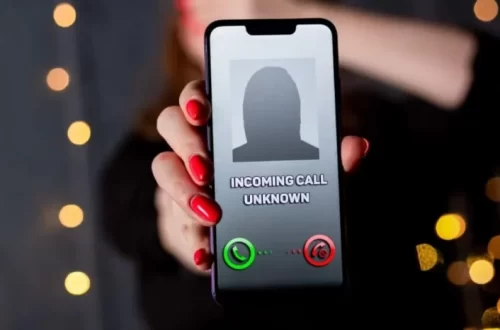In today’s digital age, where social media plays a significant role in our lives, ensuring the security of our online accounts is of paramount importance. Instagram, being one of the most popular social media platforms, holds a treasure trove of personal information. Protecting your Instagram account from potential security threats starts with a strong password. In this article, we will guide you through the process of changing your Instagram password to bolster your account’s security and keep your personal data safe.
Why Changing Your Password Matters
Before diving into the process of changing your Instagram password, it’s crucial to understand why this simple action matters. Regularly changing your password helps safeguard your account from unauthorized access and potential cyber-attacks. It prevents hackers from gaining unauthorized entry, thus protecting your personal information and privacy.
Step-by-Step Guide to Changing Your Instagram Password
Follow these simple steps to change your Instagram password:
1. Open Instagram App
Launch the Instagram application on your smartphone. Ensure you are logged in to your account.
2. Access Your Profile
Tap on your profile picture or click on the profile icon located at the bottom right corner of the screen to access your profile.
3. Go to Settings
Look for the three horizontal lines in the top-right corner, click on it, and then select “Settings” at the bottom of the menu.
4. Security
Within the “Settings” menu, tap on “Security” to access security-related options.
5. Password Change
Select the “Password” option to initiate the password change process.
6. Current Password
Enter your current password to proceed with the verification process.
7. New Password
Create a new, strong password. Ensure it’s a combination of uppercase and lowercase letters, numbers, and special characters for added security.
8. Confirm Password
Re-enter the new password to confirm.
9. Save Changes
Click on the “Save” button to save your new password.
Best Practices for Strong Passwords
Creating a strong password is crucial for enhancing your account’s security. Here are some best practices to consider:
Use a Mix of Characters
Incorporate a mix of uppercase and lowercase letters, numbers, and special characters to make your password more robust and difficult to crack.
Avoid Common Words
Steer clear of using easily guessable words, such as “password” or “123456,” as they are the first choices for hackers.
Length Matters
Ensure your password is at least 12 characters long. Longer passwords are more secure.
Unique Passwords for Different Accounts
Avoid using the same password for multiple accounts. Each account should have a unique password to minimize the risk of multiple accounts being compromised.
Conclusion
Securing your Instagram account is a responsibility that should not be taken lightly. Changing your Instagram password regularly is a simple yet effective measure to protect your personal information and ensure a safe online experience. By following the step-by-step guide and adhering to best practices for strong passwords, you can fortify your Instagram account against potential security threats.
FAQs
Q1: How often should I change my Instagram password?
A1: It is recommended to change your Instagram password every three to six months to maintain a high level of security.
Q2: Can I use the same password for Instagram and other social media accounts?
A2: No, it is essential to use unique passwords for each social media account to prevent a domino effect in case of a security breach.
Q3: Will changing my password log me out of all devices?
A3: Yes, when you change your Instagram password, you will be logged out from all devices, and you’ll need to log back in with the new password.
Q4: What should I do if I forget my new password?
A4: If you forget your new password, you can use the “Forgot Password” option on the login page to reset it.
Q5: How do I ensure my new password is strong enough?
A5: Make sure your new password is at least 12 characters long and includes a combination of uppercase and lowercase letters, numbers, and special characters. Using a password manager can also help generate and store strong passwords securely.





Average Rating